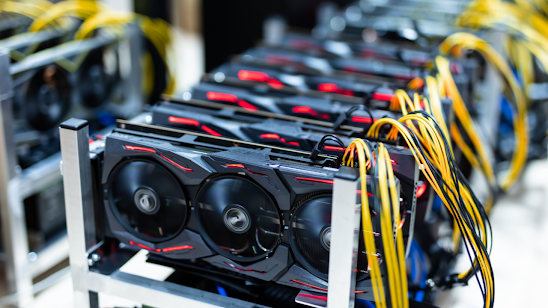In the world of CPUs, understanding the differences between server and desktop variants is essential for both individual users and businesses. While both are fundamentally designed to process tasks, the distinctions in their architecture and functionalities cater to different use-case scenarios. Let's dive deep into the differences, applications, and the cost-to-benefit ratio of both types.
### **Server CPUs: The Workhorses of the Digital Age**
**Features:**
- **Endurance and Longevity:** Designed for 24/7 operations, server CPUs are the epitome of reliability and endurance.
- **Scalability:** With higher core counts and multithreading capabilities, they are crafted for scalability and multitasking.
- **Advanced TDP:** They come with sophisticated thermal design power considerations to manage heat in demanding server environments.
- **Sustained Loads:** These CPUs can run at 100% loads for extended periods, essential for data-intensive tasks.
- **Enhanced Memory Support:** Faster front-side buses and higher memory bandwidth ensure seamless task processing.
- **Quality Control:** Typically, server CPUs are binned better than their desktop counterparts.
**Popular Models:**
- Intel Xeon E5-2699 v4
- AMD EPYC 7742
- Intel Xeon Platinum 8280
- AMD Ryzen Threadripper PRO 3995WX
### **Desktop CPUs: Powerhouses for Personal Computing**
**Features:**
- **User-Centric Design:** Tailored for individual tasks and experiences, from browsing to gaming.
- **Reduced Core Count:** Generally, they have lower core counts and do not support multithreading like server CPUs.
- **Clock Speeds:** They possess higher clock speeds, perfect for tasks that cannot be easily parallelized.
- **Design Focus:** Built for single PC operations, catering to personal computing requirements.
**Popular Models:**
- Intel Core i9-11900K
- AMD Ryzen 9 5950X
- Intel Core i7-11700K
- AMD Ryzen 7 5800X
### **Cost Analysis Over Lifespan**
While server CPUs often carry a heftier price tag than desktop CPUs, their durability, advanced features, and ability to handle demanding workloads make them an invaluable investment for businesses that necessitate top-tier computing power. In contrast, desktop CPUs offer cost-effectiveness for individuals, providing high-performance without the added server-specific functionalities.
### **Use-case Scenarios**
- **Server CPUs:** Best suited for data centers, cloud computing platforms, virtualization, and other enterprise applications.
- **Desktop CPUs:** Ideal for personal computing, including gaming, graphic designing, video editing, and everyday tasks.
### **FAQs:**
**Q1:** Why do server CPUs support multithreading more than desktop CPUs?
**A:** Server CPUs need to handle multiple simultaneous requests, making high core counts and robust multithreading essential for efficient performance.
**Q2:** Are desktop CPUs less durable than server CPUs?
**A:** While desktop CPUs are robust, server CPUs are specifically designed for continuous operation, making them more enduring.
**Q3:** Is the higher cost of server CPUs justified?
**A:** Yes, considering their advanced features, scalability, and longevity, the cost of server CPUs is a worthy investment for businesses with high-performance computing needs.
### **Conclusion: A Matter of Purpose**
Whether you opt for a server or a desktop CPU boils down to your requirements. While server CPUs are tailor-made for reliability and heavy workloads in a business context, desktop CPUs cater to individual performance needs. By understanding their distinctions and applications, users can make informed choices that align with their computing demands.
